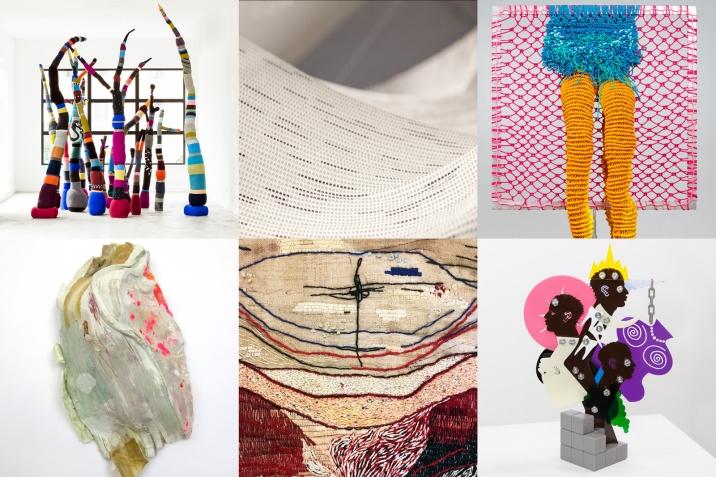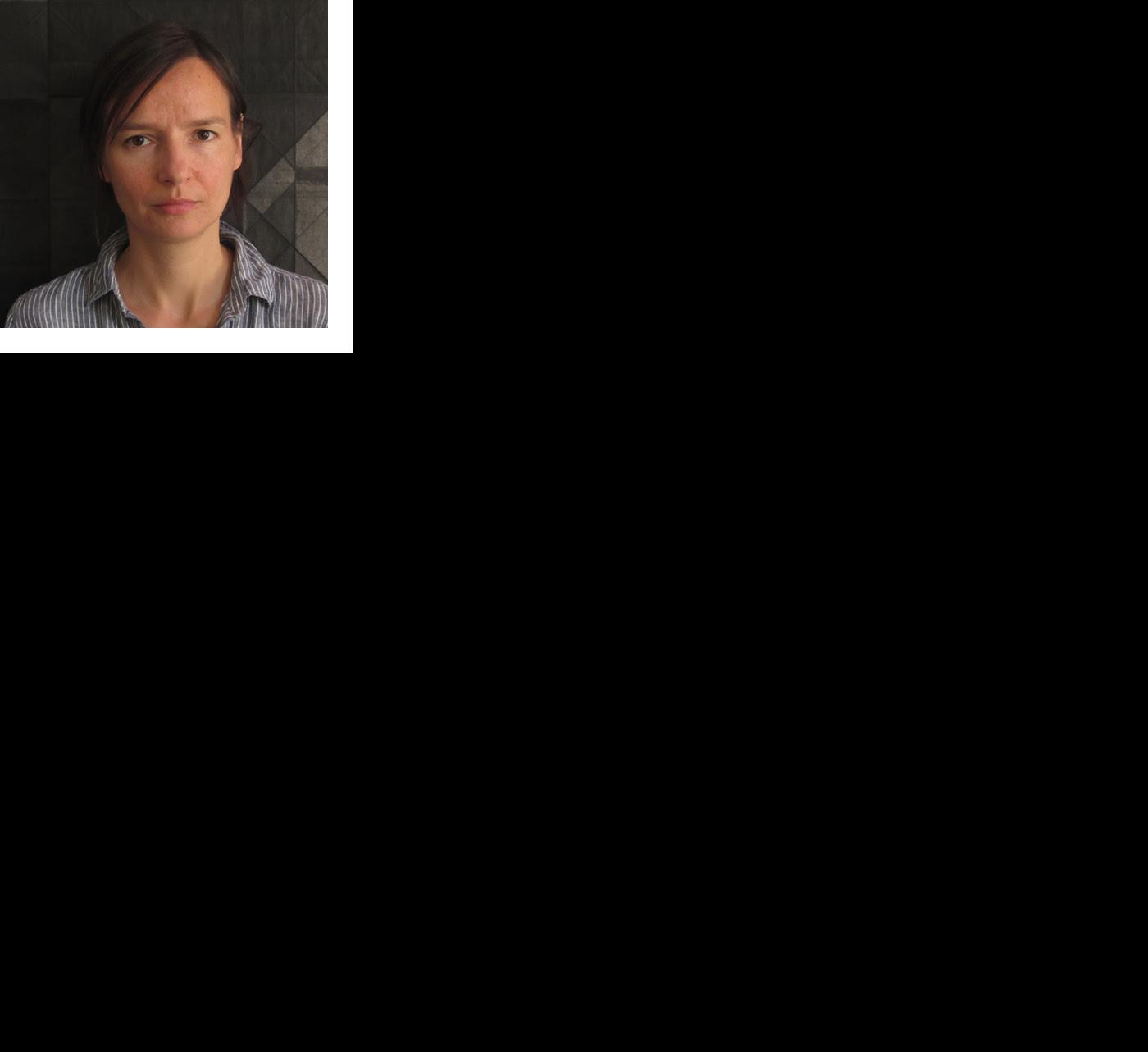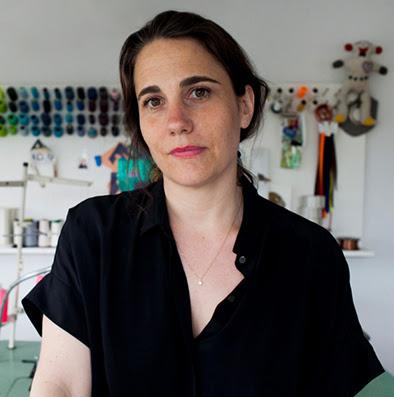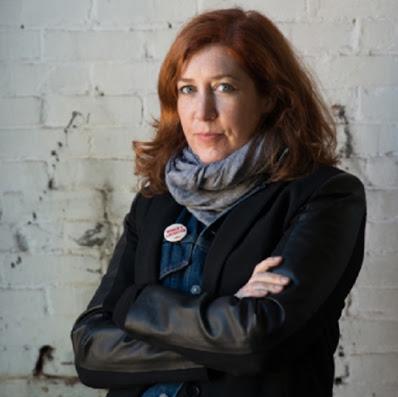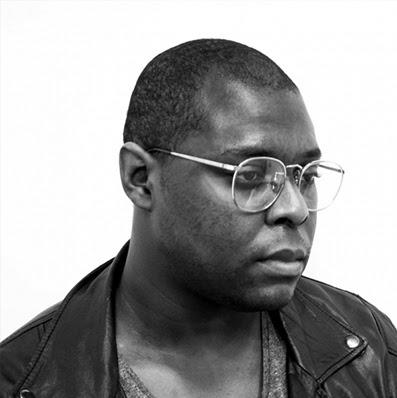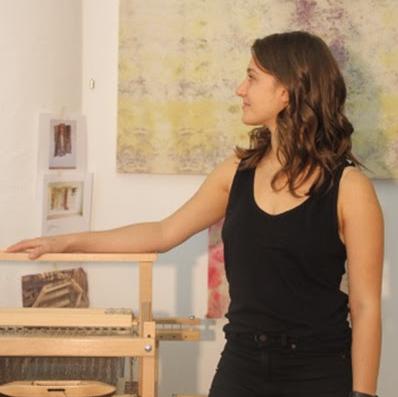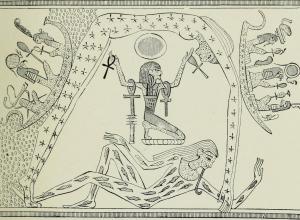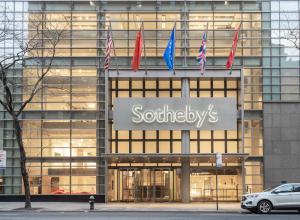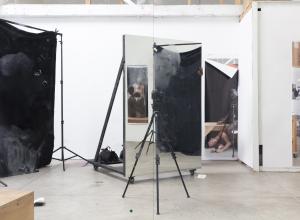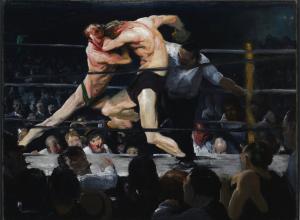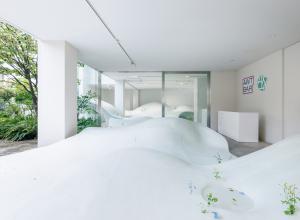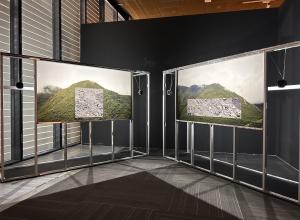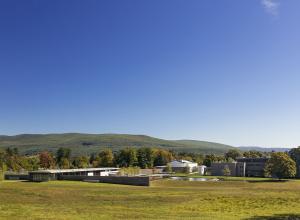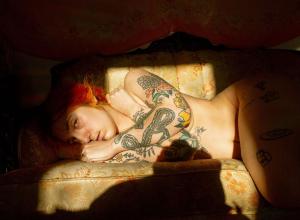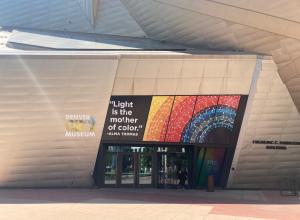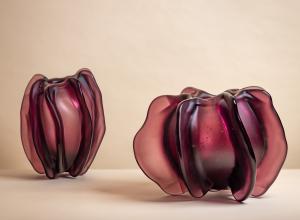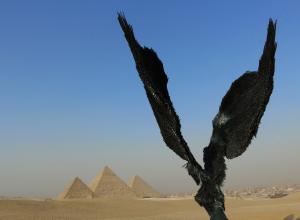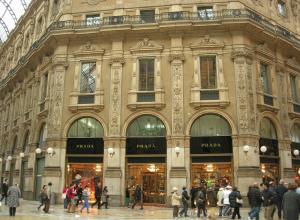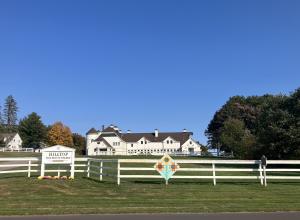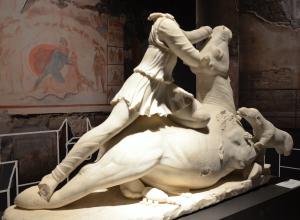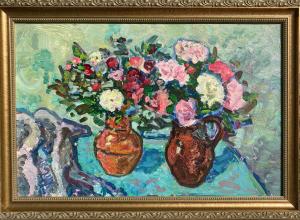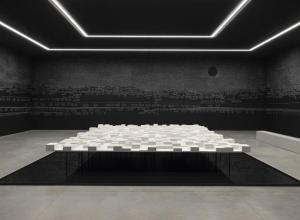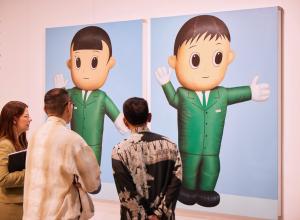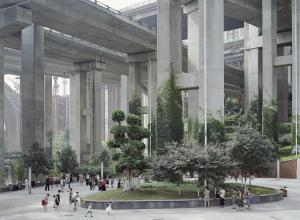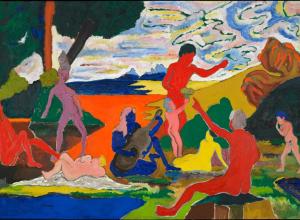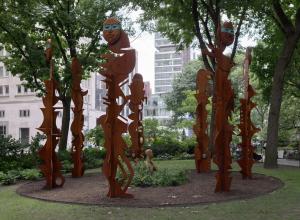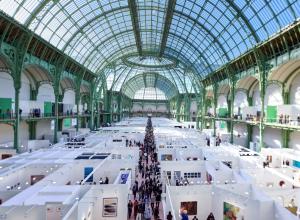The Museum of Arts and Design (MAD) announces Cycle 30 of its Artist Studios program. The selected artists, who will work in MAD's sixth-floor open studios from August 7, 2018, through February 3, 2019, are Elodie Blanchard, Damien Davis, Jesse Harrod, Victoria Manganiello, Lily Moebes, and Monika Zarzeczna.
"The thirtieth cycle of the Artist Studios program perfectly coincides with its tenth anniversary and MAD's fall 2018 season, which is focused on the notion of the Future of Craft," said Cathleen Lewis, Vice President of Education and Programs at MAD. "Each of the six incoming artists utilizes craft and design processes in innovative ways that ignite conversations about the intersections between the personal and the political."
Launched in 2008 by the Museum's Education Department, the Artist Studios program assigns studio space to emerging to midcareer artists and designers for a six-month period. A diverse committee of Museum staff and outside professionals in the fields of art, craft, and design selects six resident artists, each of whom works in the studios one day per week. Studios are open to the public, welcoming visitors to observe and engage in the exchange of ideas while providing residents with the opportunity to open a dialogue surrounding their artistic practice. Both a platform for creativity and an innovative model of public engagement, the Artist Studios program has served over 150 artists and designers.
During each cycle of the Artist Studios program, some residents elect to host a MADmakes workshop. MADmakes is a drop-in, hands-on educational series that invites visitors to learn the artists' own methods and test their skills at art making and creative production. The series engages visitors in various techniques and ideas, facilitating greater understanding and appreciation of skill-based practices. Great for visitors of all ages, backgrounds, and interests, MADmakes workshops are free with Museum admission. This cycle's workshops will take place as follows:
Thursday, August 9, 2018, 6–8 pm
Thursday, September 13, 2018, 6–8 pm
Thursday, October 11, 2018, 6–8 pm
Thursday, November 8, 2018, 6–8 pm
Thursday, December 13, 2018, 6–8 pm
Thursday, January 10, 2019, 6–8 pm
The Artist Studios Talk and Closing Reception will take place Saturday, January 26, 2019, from 3 to 5 pm.




